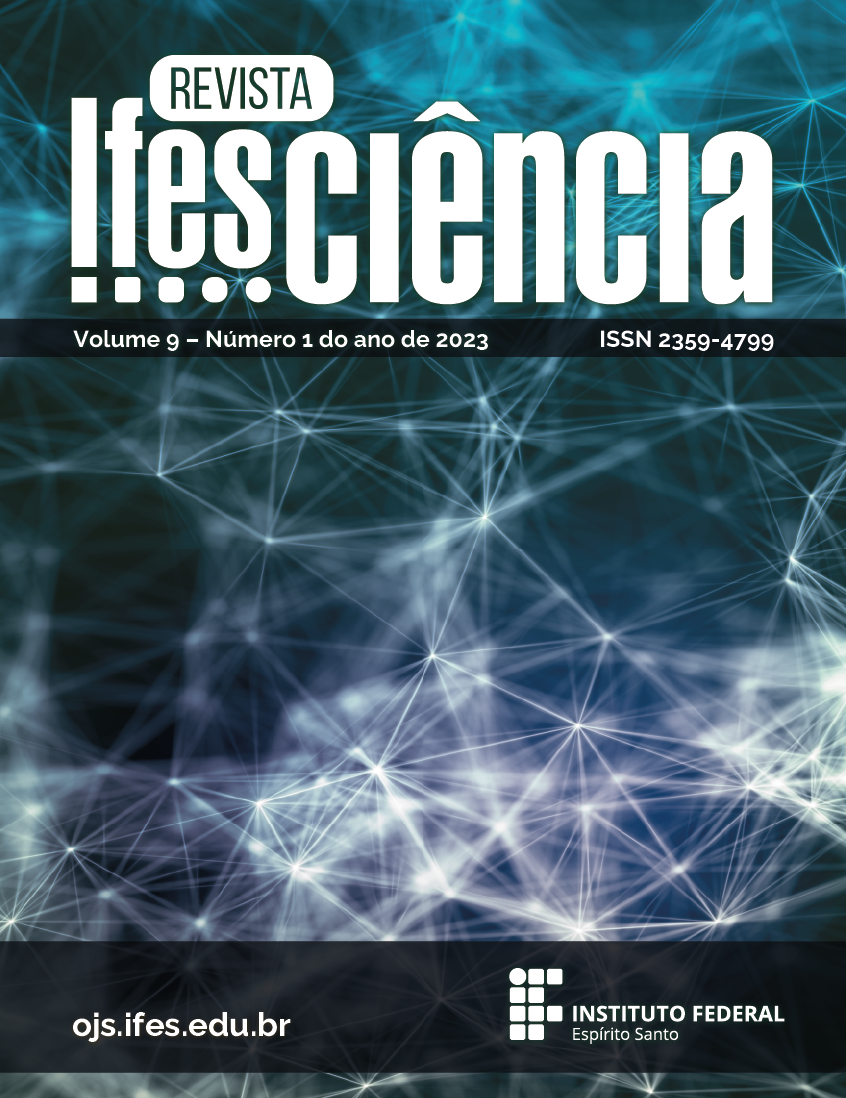ACTIVE METHODOLOGIES AND COLLABORATIVENESS BETWEEN TEACHERS IN URBAN MOBILITY TEACHING IN THE ARCHITECTURE AND URBANISM COURSE
DOI:
https://doi.org/10.36524/ric.v9i1.2411Keywords:
Mobilidade urbana, arquitetura e urbanismo, metodologias ativas, três momentos pedagógicos, colaboratividade entre professoresAbstract
This article presents research that addressed the use of active methodologies in teaching Urban Mobility in the Urbanism discipline for the Architecture and Urbanism higher education course. The objective of this research was to build a teaching practice that worked with the theme of Urban Mobility, with the Three Pedagogical Moments as its main teaching dynamic. This practice was developed based on collaboration between teachers who teach the Urban Planning discipline in different educational institutions. Therefore, the construction of this practice took into account the use of active methodologies, based on Paulo Freire's theory, and the experience of teachers in the discipline who positively evaluated the proposed practice. The teaching practice created sought to allow students to actively participate in their learning process and contribute to the development of their critical, analytical and propositional sense. Furthermore, the research results indicated that collaboration between teachers was fundamental to broadening the horizon on teaching and showed the diversity of paths that teaching the same content can have.
Downloads
Published
Issue
Section
License
Copyright (c) 2023 Revista Ifes Ciência

This work is licensed under a Creative Commons Attribution-NonCommercial-NoDerivatives 4.0 International License.
Autores que publicam nesta revista concordam com os seguintes termos:
- Autores mantém os direitos autorais e concedem à revista o direito de primeira publicação, com o trabalho simultaneamente licenciado sob a Licença Creative Commons Attribution que permite o compartilhamento do trabalho com reconhecimento da autoria e publicação inicial nesta revista.
b. Autores têm permissão e são estimulados a publicar e distribuir seu trabalho online (ex.: em repositórios institucionais ou na sua página pessoal) a qualquer ponto antes ou durante o processo editorial, já que isso pode gerar alterações produtivas, bem como aumentar o impacto e a citação do trabalho publicado (Veja O Efeito do Acesso Livre).



